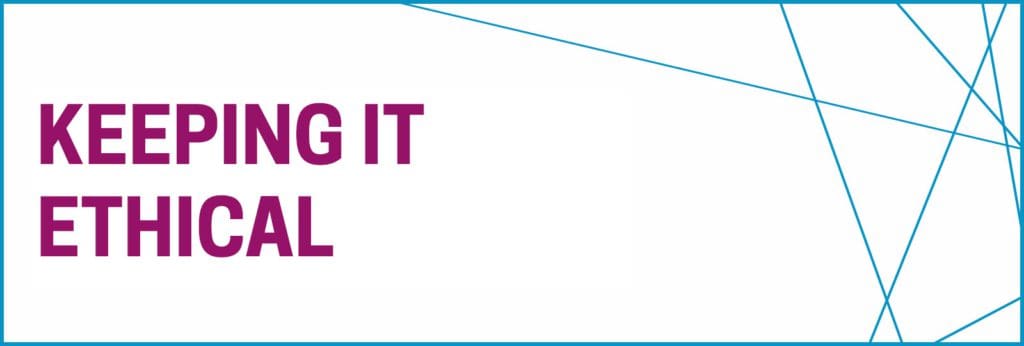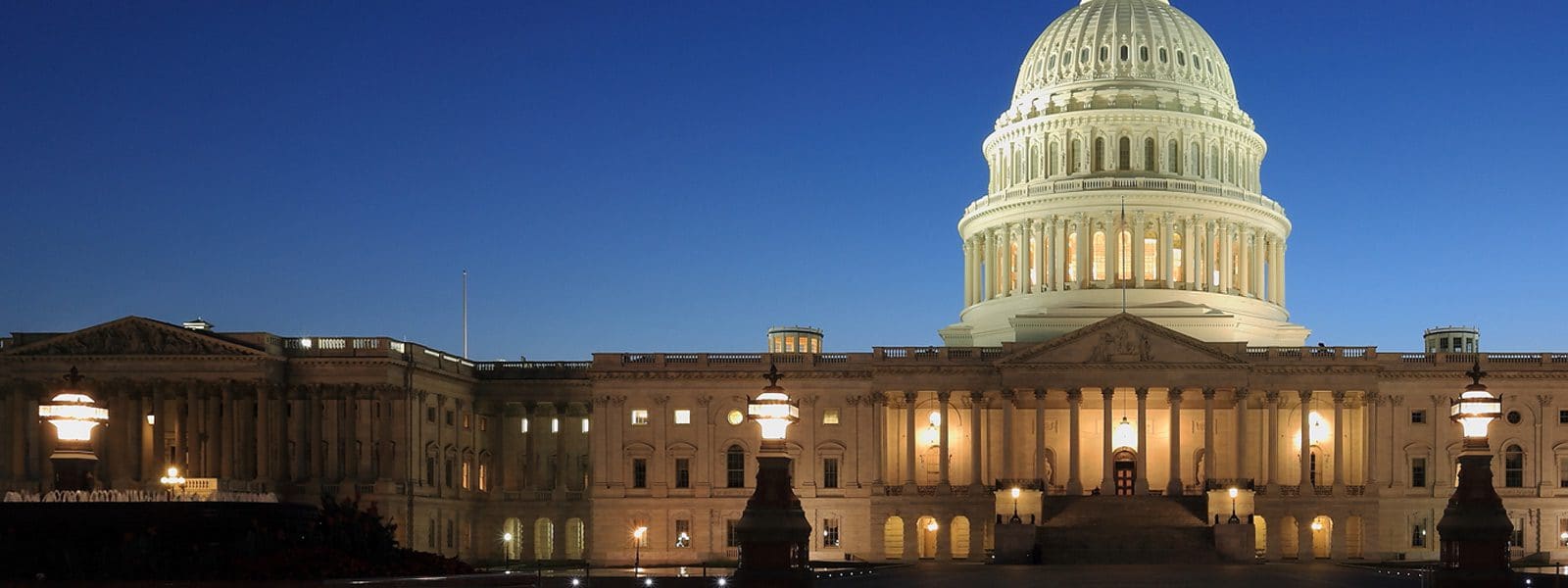Keeping it Ethical is our weekly blog series highlighting the 33 Principles for Good Governance and Ethical Practice. Throughout the series, we hope to highlight the importance of each Principle, the helpful resources associated with it, and learn more from you about how you’ve incorporated these Principles into your charitable organization.
Time Magazine’s 2017 Person of the Year edition applauded courageous women who spoke out against sexual assault and harassment. They sparked a powerful moment, with leaders that included Tarana Burke, founder of the #MeToo movement. These “silence breakers” overcame fear of retribution to act as whistleblowers – “sounding the alarm” against illegal behavior they had witnessed and/or endured.

All charitable organizations should have whistleblower protection policies in place to ensure that those of us in the sector feel empowered to sound the alarm if we suspect alleged illegal activities or other wrongdoing. In fact, the Sarbanes-Oxley Act, passed by Congress in 2002, established broad auditing and financial regulations for public companies to protect shareholders, employees, and the public from fraudulent financial practices. The act included two sections that specifically impact nonprofits: retention of documents and whistleblower protection.
Unfortunately, many nonprofits do not have whistleblower protection in place. Kudos to your organization if it has acted proactively to incorporate a policy. If your organization has not yet done so, there’s no time like the present to develop and institute a policy. To get started, here are some things to keep in mind:
- Organizations that are required to file an annual Form 990 are also required to report whether you have a whistleblower policy, whether you became aware of a material diversion of the organization’s assets during the year, and corrective actions that were taken, if any.
- Your whistleblower policy should be tailored to your organization’s size, structure, and capacity, and should reflect the laws of the state where your organization is organized or operates.
- Your policy should specify the individuals within your organization (both board and staff) or outside parties to whom suspected illegal activity or wrongdoing should be reported.
- Make sure your organization has clear procedures to investigate all reports and take appropriate action.
- Distribute your whistleblower policy to staff, volunteers, clients, vendors, and consultants, and discuss your policy during new employee orientations, as well as ongoing training programs for employees and volunteers.
Empowering people in the charitable sector to freely report suspected wrongdoing is vital to maintaining public confidence. Whistleblower protection policies help reinforce the sector’s ability to operate in an ethical and accountable manner.
Check out more information about Principle 4, Whistleblower Policy, as well as all the other great resources and tools in our Resource Center that can help your organization abide by the 33 Principles.
Are we missing a good resource associated with this Principle? We want to hear that, too. Leave your thoughts in the comments and let us know what you think. You can also use #npethics on social media.



